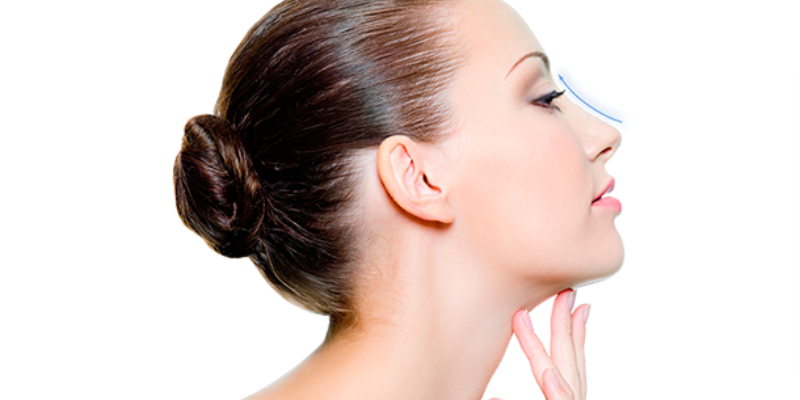How To Sleep After Rhinoplasty?
How to sleep after rhinoplasty? The main thing that affects how well you heal after rhinoplasty is what you do during the recovery period. You should get a lot of rest and enough sleep while you are getting better. When you sleep after rhinoplasty, both getting enough sleep and sleeping in the right position can help your immune system and get more blood to the surgery site.
The trouble is that it’s hard to sleep after rhinoplasty. Since the nose gets very sensitive while you sleep, you should be very careful not to hurt it. Read on to learn more about how to sleep after rhinoplasty so you don’t have trouble sleeping.
How To Sleep After Rhinoplasty Without Damaging Nose?
If you sleep on your back, you are less likely to hurt your nose. You should put one or two pillows under your head to keep it at a 45-degree angle. Sleeping this way will help you get rid of swelling faster. When you sleep, put some pillows around you to keep your body from moving around. You can also put pillows under your legs to help with back pain.
After rhinoplasty, you shouldn’t sleep on your side because it could hurt your nose. When you sleep on your side, your nose gets more pressure, which can make you stuffy. This is usually true for the first week or two, so ask your doctor if you can sleep on your side after that.
After getting a nose job, you should not sleep on your stomach. If you sleep on your face, you are much more likely to ruin the results of your rhinoplasty. Your nose will be very sensitive after rhinoplasty, making it more likely to get hurt.
How To Avoid Sleeping Problems After Rhinoplasty?
Even if you love sleeping next to your partner, spouse, kids, or pets, they might hurt your nose if you do. After getting a nose job, don’t take any risks and try to sleep alone for a while. Lessen how much caffeine you drink. Coffee and tea are important to a lot of people and are seen as important parts of everyday life. But drinking caffeinated drinks can keep you from getting enough sleep and mess with your body’s internal clock. Because of this, you should cut back on caffeine, especially before bed. Put down your phone. When it’s time to sleep, putting away your phone and not looking at a screen can help you a lot to fall asleep quickly and stay asleep for a long time.
Even though it’s important to sleep after rhinoplasty, you shouldn’t try to sleep better by taking sleeping pills. In some cases, sleeping pills can make your other medicines less effective. If you are having trouble sleeping a lot after your surgery, call your doctor and ask if you can take sleeping pills.
When Can You Start Sleeping The Way You Want After Rhinopalsty?
Usually, the amount of time you have to wait before you can go back to sleep depends on how well you are healing. In general, after 10 to 14 days, most people can sleep in the same way they did before. Just make sure to ask your doctor first so you don’t do anything that could hurt you.
After your nose job is done, your doctor will put a nasal splint (cast) on or inside your nose (depending on whether an internal or an external splint is used). A splint is put on the nose to give it support while it heals. It is taken out at the doctor’s office between 5 and 7 days after the surgery.
For the first two days, you usually have to put a piece of gauze under your nose to soak up any extra blood or fluid. You can change the gaze on your own every 6 hours at home. After nose surgery, it’s normal to have bruising and swelling. The swelling is at its worst on the third day after the procedure. After 3 weeks, only you and your doctor will be able to see the swelling. You can get rid of bruises around your eyes and nose by putting a cold compress on them.
Rhinoplasty Aftercare
In the first week after rhinoplasty, it’s normal to feel a little bit of pain. It is easy to treat with over-the-counter painkillers like acetaminophen. The swelling will make your nose stuffy or stuffed up, which will make it hard for you to breathe. As the swelling goes down, so does your ability to breathe. For the first few days after your nose job, you should eat soft foods and avoid foods and fruits that are hard to bite and chew, like apples and carrots. For the first week, use more than one pillow to keep your head up.
If you don’t mind being seen with bruises and a swollen face, you can go back to work after one week, as long as your job doesn’t require hard physical labor and heavy lifting.Second week: If you don’t mind being seen with bruises and a swollen face, you can go back to work.


